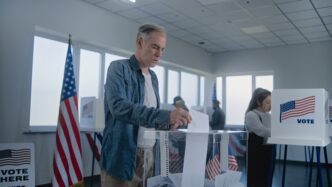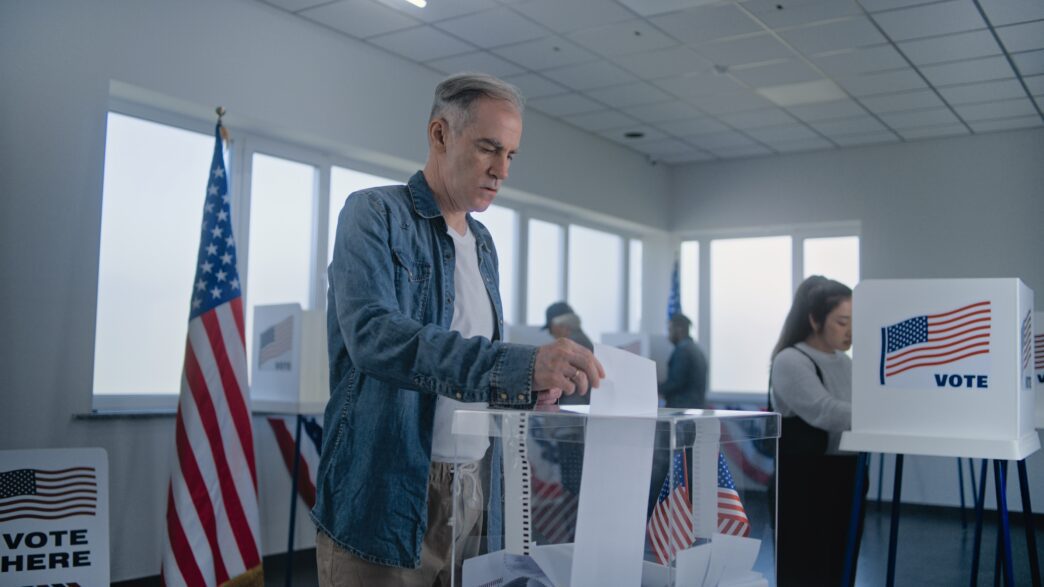Executive Summary
- New group Public First aims to raise $50 million to advocate for AI regulation.
- Opposing super PAC Leading the Future has banked $100 million to resist restrictions.
- Major tech billionaires including founders from Facebook, eBay, and OpenAI are funding the rival efforts.
- Spending levels for AI lobbying are now rivalling presidential super PACs and the crypto industry.
A newly formed political organization is launching a significant financial campaign to counter deregulation efforts by the artificial intelligence industry, marking a major escalation in the battle over AI governance in U.S. elections. According to The New York Times, the new 501(c)(4) group, known as Public First, aims to raise $50 million to support candidates favoring stricter oversight of artificial intelligence technologies.
Public First is reportedly backed by prominent technology figures, including Anthropic co-founder Jack Clark, eBay founder Pierre Omidyar, and Facebook co-founder Dustin Moskovitz. The organization intends to channel funds through undisclosed donors into two aligned political action committees: the Democratic-focused "Jobs and Democracy PAC" and the Republican-focused "Defending Our Values PAC."
This initiative serves as a direct countermeasure to "Leading the Future," a pro-AI super PAC that has reportedly secured $100 million in funding. The New York Times notes that Leading the Future is supported by OpenAI co-founder Greg Brockman, as well as venture capitalists Marc Andreessen and Joe Lonsdale. The group’s stated objective is to back candidates who oppose restrictive AI regulations.
The scale of spending anticipated by these groups rivals that of major presidential campaign operations and other high-profile industries. For context, The New York Times reported that President Trump’s super PAC had secured $177 million by August 2024. Similarly, the cryptocurrency-focused Fairshake super PAC has raised approximately $140 million. These figures dwarf traditional lobbying efforts; data from OpenSecrets indicates that the United Auto Workers PAC raised approximately $15.2 million for the 2024 election cycle.
The impact of this funding dynamic has already materialized in specific legislative races. Leading the Future recently targeted New York Assemblymember Alex Bores, a sponsor of legislation requiring AI companies to mitigate "critical harms." Bores told the San Francisco Examiner that he faced opposition from a specific segment of Silicon Valley advocating for minimal regulation, noting the intense financial pressure directed at his campaign.
Electoral Funding Implications
The emergence of massive, opposing war chests dedicated solely to artificial intelligence policy suggests that AI regulation is rapidly becoming a primary wedge issue in American politics. With combined resources approaching $150 million, these rival factions are positioning themselves to influence congressional and state-level outcomes independent of traditional party platforms. This trend indicates that future legislative debates on technology will likely be shaped by a proxy battle between effective altruism-aligned donors seeking safety measures and accelerationist investors pushing for deregulation.








